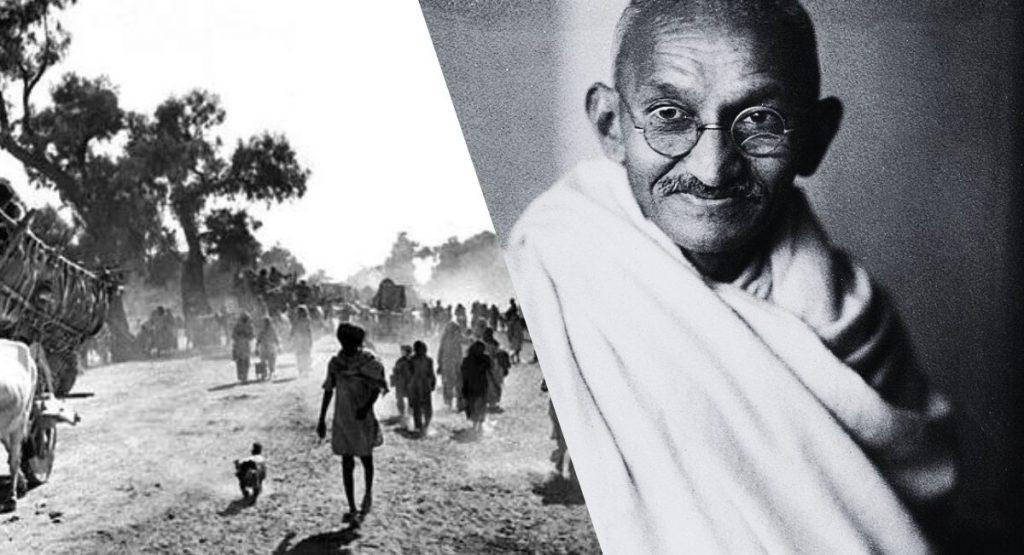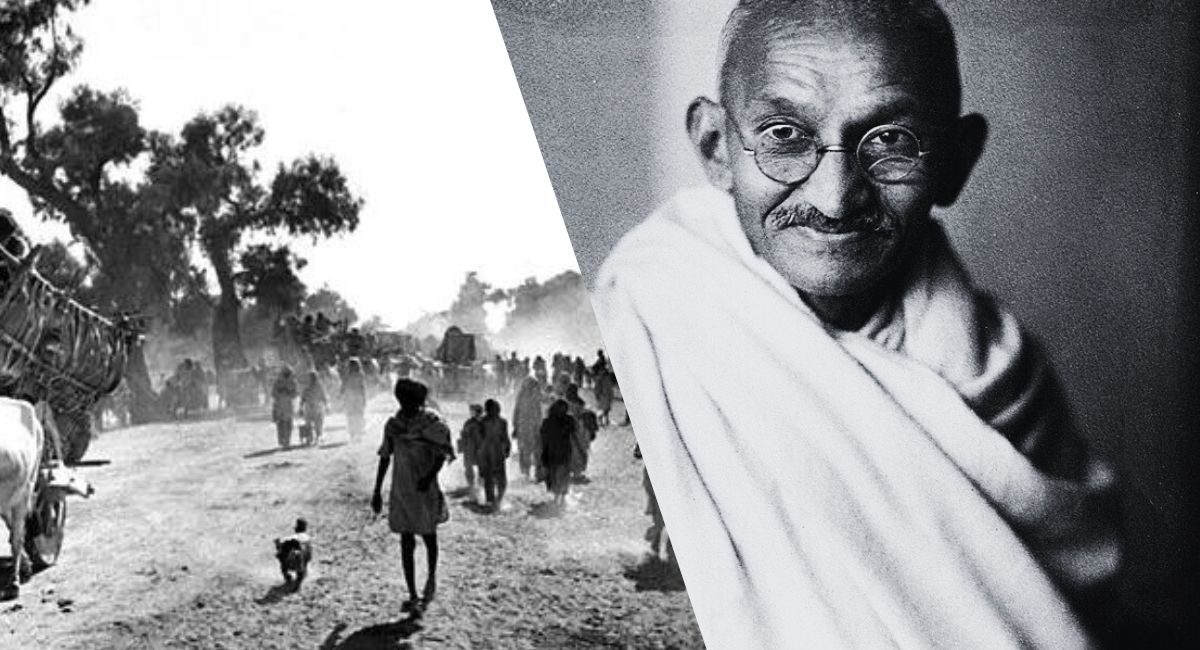Mahatma Gandhi's political career was marked by numerous successes and failures, and pinpointing where it went wrong requires a nuanced analysis of his decisions, strategies, and the broader historical context. As far as I know, Mahatma Gandhi, renowned for his philosophy of nonviolent resistance, played a pivotal role in India's struggle for independence from British colonial rule. However, there were certain junctures in his political journey where his decisions and actions faced criticism or resulted in setbacks. I agree to this that he had took many pointless decision like the one Hitler took while World War 2, but why? Was…...
Sign in with Google to continue reading
💬 Meet Our Members

Julia Orozco
Poet who love nature and writing poetry.
Tamizh Ponni VP
Tamizh Ponni VP is an ambivert who loves to express her skills…

Dr. B.H.S Thimmappa
B.H.S. Thimmappa is a seasoned chemistry professional with extensive experience in developing…

Abhinaba Maitra
Abhinaba Maitra is a Kolkata-based writer with a background in software engineering.…

Sindhu Gopalkrishnan
I love writing as I get to create something beautiful and touch…

Khushi Barman
I'm a 22-year-old Indian psychology student. I have a strong interest in…
Support independent journalism. Your membership keeps us going.
Mahatma Gandhi's political career was marked by numerous successes and failures, and pinpointing where it went wrong requires a nuanced analysis of his decisions, strategies, and the broader historical context. As far as I know, Mahatma Gandhi, renowned for his philosophy of nonviolent resistance, played a pivotal role in India's struggle for independence from British colonial rule. However, there were certain junctures in his political journey where his decisions and actions faced criticism or resulted in setbacks.
I agree to this that he had took many pointless decision like the one Hitler took while World War 2, but why? Was it for the sake of power or money?

Deep-routed caste system
One significant aspect of Gandhi's political career that drew criticism was his approach to caste and class issues within Indian society. I could say, it was one of the big mistakes had happened in the government of India. While Gandhi advocated for social justice and equality, his methods often fell short of addressing the deep-rooted caste system and socioeconomic disparities prevalent in India. Showing some mercy toward illiterates to take over the advantages of innocent souls? His emphasis on traditional Hindu values and his reluctance to challenge the entrenched caste hierarchy alienated many lower-caste and marginalized communities, who felt excluded from the mainstream nationalist movement. What was the point of being a secular which made a big riot over the night in the society of India which ultimately resulted in the partition of India into India and Pakistan?
Industrialization in the modern society
Another contentious issue was Gandhi's stance on industrialization and modernization. While he championed the cause of rural India and promoted self-sufficiency through cottage industries, his rejection of large-scale industrial development was seen as unrealistic and impractical by some of his contemporaries. This reluctance to embrace modernization hindered India's economic progress and contributed to the perpetuation of poverty in certain regions.
Partition of India in 1947
I would say, he is a culprit of whatever had happened that night, we have to agree and there is no other statement it can change my mind. Gandhi's role in the partition of India in 1947 also remains a subject of debate and criticism. While he advocated for Hindu-Muslim unity and opposed the partition, his efforts to bridge the communal divide proved insufficient in preventing the violent riots and mass migrations that accompanied the partition. Critics argue that Gandhi's idealism and insistence on nonviolent resistance were ill-suited to the escalating tensions between religious communities, ultimately leading to the tragic consequences of partition.
International relationship during his political career
Additionally, Gandhi's approach to international relations and diplomacy faced challenges during his political career. While he was revered as a moral leader and symbol of resistance worldwide, his uncompromising stance on certain issues, such as India's support for the Allied powers during World War II, strained relations with Britain and other colonial powers. Furthermore, his advocacy for pacifism and nonviolence in the face of aggression, such as during the Quit India Movement, was criticized for its perceived ineffectiveness in challenging colonial oppression.
Despite these criticisms and setbacks, it is essential to acknowledge Gandhi's enduring legacy as a visionary leader and advocate for peace, justice, and human rights. His philosophy of nonviolent resistance inspired countless movements for social change around the world and continues to influence political leaders and activists to this day. I am also a bing follower of his principles and mostly his crafted social sins that he think it is always right. While his political career may have faced challenges and shortcomings, however, other thing balanced naturally. Therefore, Gandhi's commitment to ahimsa (nonviolence) and satyagraha (truth-force) remains a beacon of hope for those striving for a more just and equitable world.











